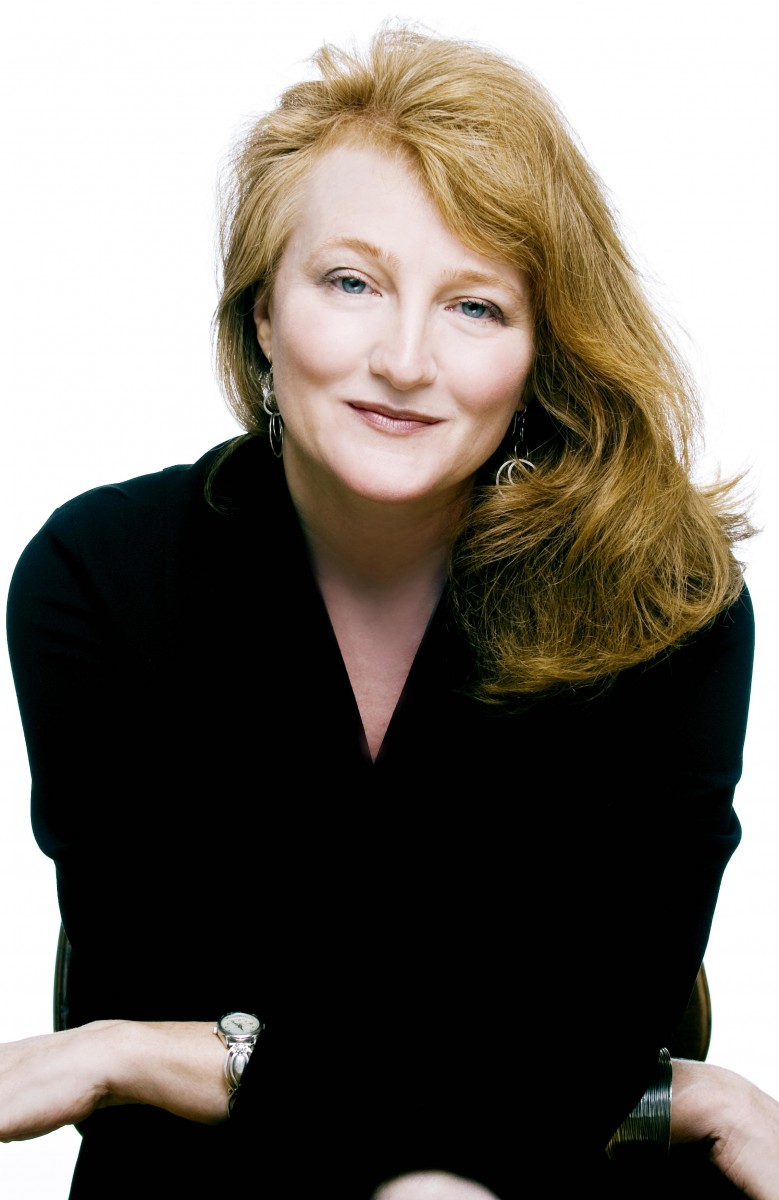The Rev. Jennifer Bailey met Lennon Flowers in exactly the kind of place one might expect to meet someone named Lennon Flowers: meditating in the desert.
“I don’t know if I believe in soul mates — but I do believe in soul friends,” Bailey said. “Pretty early on, I knew Lennon was someone I wanted to learn from and be friends with.”
Bailey and Flowers will appear in conversation with Krista Tippett at 10:45 a.m. Monday, August 5 in the Amphitheater. Their talk will kick off Week Seven, “Grace: A Celebration of Extraordinary Gifts — A Week in Partnership with Krista Tippett and ‘On Being.’ ”
Tippett is a journalist, author and the host of “On Being with Krista Tippett” a Peabody Award-winning public radio show and podcast. She curated the morning lecture lineup and will appear in conversation with all of Week Seven’s Amp speakers.
“The (speakers) are interesting, and people who I think are having a nourishing force in the work they do,” Tippett said. “I’ve been following (Bailey and Flowers’) work for a really long time, separately and together. They, for me, represent the way new generations are bringing up conversations and coming at some old things in very fresh ways. … They are just really wonderful social creatives and I can’t wait to talk to them about the subject of grace and how that illuminates what they’re doing.”
Bailey and Flowers met while attending a meditation retreat led by Fr. Richard Rohr OFM, an author and Franciscn friar who served as Chautauqua’s chaplain for Week Four. They immediately connected over shared experiences with grief and loss; Bailey had recently lost her mother to cancer, and since 2014, Flowers has been the co-founder and executive director of The Dinner Party, a nonprofit organization that brings together 20- to 30-year-olds mourning the loss of a loved one.
“(Flowers) had a really serious loss in her early life, and at some point started realizing that so many people she knew (also) had some kind of tragic loss,” Tippett said. “She realized that they hadn’t really been given the space to let that be part of their experience and what forms them.”
In the aftermath of the 2016 presidential election, Bailey noticed the same grief she had personally struggled with reflected across the nation.
“Not just (grief over) the outcome of the election, because that almost seemed secondary in some ways,” Bailey said. “But there were people whose votes were motivated by grief, whether that was the loss of a particular way of life they thought they would have … or folks who were grieving the real vitriol and hatred that we saw vocalized in that election cycle.”
As the founder and executive director of the Faith Matters Network, an organization that provides support for the mental and spiritual well-being of faith leaders, community organizers and activists, Bailey isn’t one to sit idly by. She immediately began looking for solutions.
“My first instinct was to call the person I knew that had a lot of experience dealing with grief and loss,” Bailey said. “And that was Lennon.”
During a six-hour drive from Nashville to Little Rock, Arkansas, Bailey called Lennon, and the two brainstormed ideas for what would become The People’s Supper, an organization that uses shared meals and gatherings to cultivate community and trust among groups with diverse identities and perspectives.
“The intersection between my and Jen’s (work) is very much rooted in our capacity to witness and be witnessed by one another,” Flowers said, “to hold each other through struggle and suffering, and find healing through company and accompaniment.”
The original iteration of The People’s Supper was the hashtag #100Days100Dinners, a project where Bailey, Flowers and their co-founder Emily May organized 100 dinners with strangers in the first 100 days of the Donald Trump presidency to facilitate conversation and healing.
“We did that, and lo and behold, the problem was not solved at the end of those 100 days,” Flowers said, “nor was the appetite to continue gathering.”
In less than three years, those first 100 dinners blossomed into 15,000, in more than 120 communities nationwide.
As the project continued, Flowers said it became clear that the healing they sought to spread would require more than a single dinner.
“We realized this can’t actually be done just by gathering with strangers one night at a time,” she said. “If the problem is a relationship problem, … relationships require time.”
The People’s Supper now focuses on cultivating long-term change by organizing multiple gatherings within the same communities.
“(We ask), ‘What are the elephants in the room that have been allowed to run rampant?’ ” Flowers said. “What are the conversations that are longing to be had that are sometimes hard? And how do we begin to forge … the trust and relationships necessary to actually tackle all of these hard challenges facing our lives, locally and on a national scale?”
Flowers said the aim of these dinners is never to debate ideologies or win some kind of argument — they’re merely to facilitate relationships.
“When you look at the science of how we make decisions — we like to believe that we’re rational creatures who look at the evidence presented and make a decision — but that’s not actually true,” she said. “We intuit and then we reason backwards, so the thing that actually does change minds is encounters with another.”
Flowers said that approaching others through the lens of grace is central to their mission.
“For me, grace is the capacity to be with each other in our full humanity,” she said. “(It’s) such a gift that we can grant to one another in an age (where) we’re deeply inclined toward perfectionism. What does it look like to see the beauty in our vulnerability and our struggles?”
Bailey agreed. As an ordained minister, she said she has “a little insight” into the definition of grace.
“In our society, we place such a high premium on the value of things that are earned,” she said. “In that way for me, notions of grace are actually counter-cultural. It has embedded in it a sense of radical, redemptive hope that speaks to a large vision of the world in which we can and ought to be in right relationships and love with one another.”
Bailey hopes that Chautauquans will leave the Amp asking the question, “Who will we be to one another?”
“How can we envision what it means to build a multi-racial, multi-ethnic, multi-religious democracy in the United States?” she said. “If we don’t get the answer to that right, … I can only see that leading to more violence, death and destruction.”







